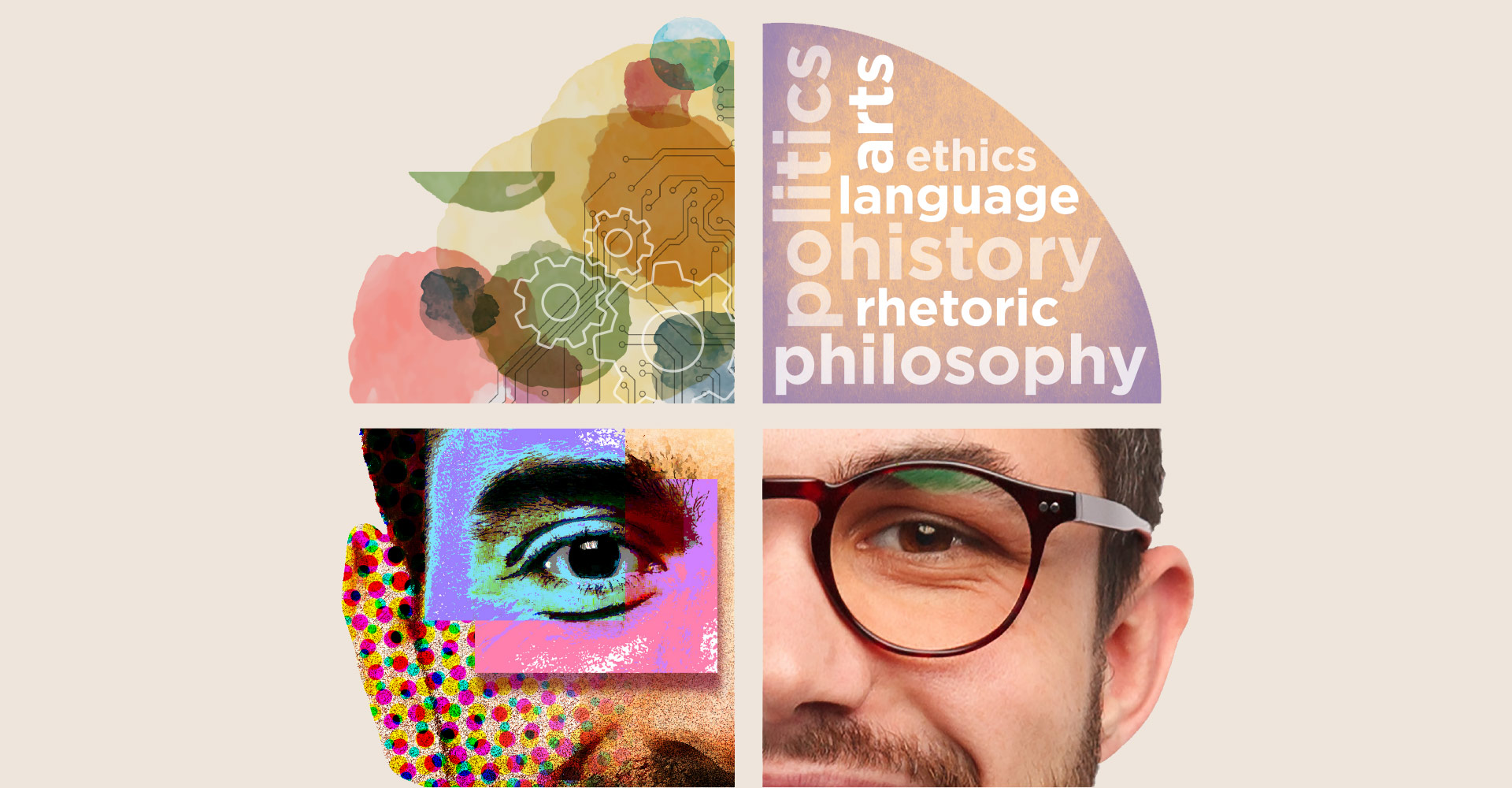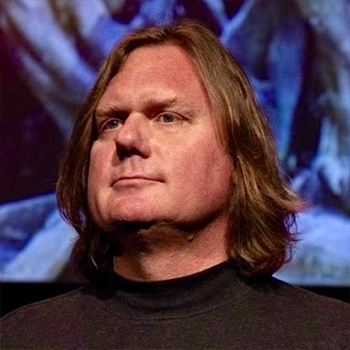Oh, the humanities: What’s the ROI?
The goals of getting a good job and gaining a more meaningful understanding of life aren't mutually exclusive.

The reality of higher education in 2019 is that getting a good job is the No. 1 priority.
In fact, 58% of postsecondary students said job and career outcomes are their primary motivation, according to a recent report from Strada and Gallup. Just 23% reported a general motivation to learn more and gain knowledge without a direct link to career aspirations.
“Go to college; get a job,” is a familiar enough refrain, but it hasn’t always been that way. Janine Davidson, Ph.D., president of Metropolitan State University of Denver, notes that when Gallup asked this question in the 1950s and ’60s, the top response was “to gain a more meaningful understanding of life.”
So should academia change to meet the demands of the modern student, or should students trust that university leaders and faculty members are the education experts?
Passion is a prerequisite
The goals of getting a good job and gaining a more meaningful understanding of life aren’t mutually exclusive, Davidson says. Students need to study something they care about in order to do well in school and the workforce.
“If you’re going to be successful in your career, you have to be passionate about what you do,” she says. “It’s not just a luxury; I think it’s a prerequisite. We’re here to help people find their passion and then find their path.”
The challenge is connecting students to careers without turning college into technical training that gets students into entry-level jobs without preparing them for a long career or other civic contributions.
“People say, ‘If we partner with businesses, our curriculum is going to end up all STEM and business, and we’re not going to have philosophy or history classes. We’ll graduate a bunch of robots,’” Davidson says. “That’s the wrong approach. You have to have a career-focused environment, but it’s up to us as leaders in higher education to do more than help students get entry-level jobs. We want them to be successful throughout their careers and their lives and to contribute to society more broadly.”
Decision-makers at colleges and universities have been holding that line. A 2015 Georgetown University study on the economic value of college majors found that since the 1980s, the share of students in humanities and liberal-arts majors has declined, but the overall number of students taking humanities and liberal-arts classes has gone up.
Return on investment
No examination of college majors is complete without a solid list of “famous people who …,” and the anecdotes are easy for the humanities.
History majors have gone on to become president of the United States (George W. Bush) and chief justice of the Supreme Court (John Roberts). And if government jobs aren’t glamorous enough for you, pretty much every one-name TV talk-show host has a liberal-arts degree, including Oprah (communications), Colbert (theater) and Conan (history).
You might not be surprised that best-selling author Stephen King has an English degree, but so did the first American woman in space, astronaut Sally Ride. And the tech entrepreneurs who created PayPal, LinkedIn and Slack all studied philosophy, as did legendary basketball player and coach Phil Jackson.
But those are the outliers, right? What about everyone else?
In 2014, Jeffrey Dorfman, professor of economics at the University of Georgia, took salary data from Payscale.com to calculate return on investment for humanities majors, taking into account college tuition and the prospective earnings of someone with no college degree. Dorfman estimated a lifetime return on investment of 300% to 700% for humanities degree-holders, topping out with more than $650,000 in extra earnings for philosophy majors above and beyond high school diploma earners.
How does that compare with other degrees?
That Georgetown study found that one in every four humanities or liberal-arts graduates earns more than a quarter of college graduates who majored in architecture or engineering. Engineers might make more money than humanities grads on average, but no major comes with a guaranteed salary upon graduation.
The humanities also position undergraduates well for more advanced degrees. Philosophy majors in particular have the highest composite score on the GRE graduate-school entry exam and the highest average score on the LSAT law-school aptitude test, according to data from the Educational Testing Service and the Law School Admission Council. In an era when the master’s degree is becoming more important in the workforce – 27% of hiring managers in a CareerBuilder.com survey said they’re recruiting master’s graduates for jobs that used to require only four-year degrees – an additional degree matters.
The numbers are clear: A humanities degree can be your ticket to success (and salary).







